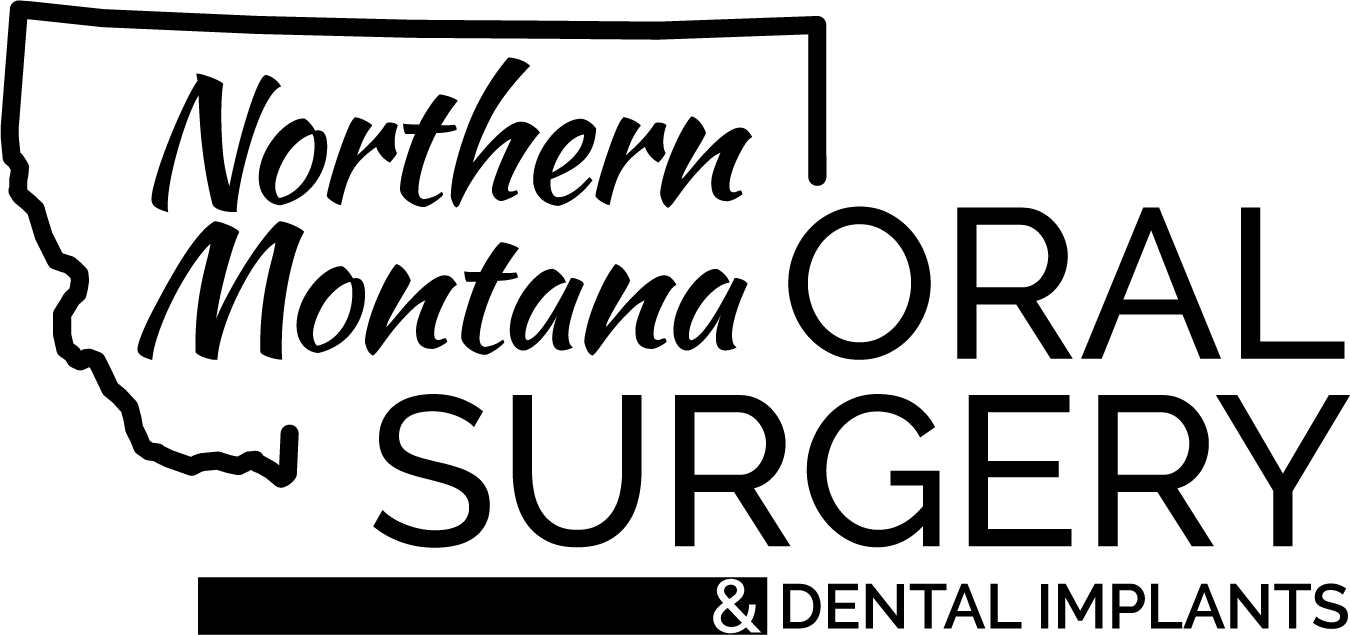TMJ Disorders
TMJ Disorders
Temporomandibular joint disorders, or TMDs, include a variety of conditions of the mouth and jaw. They are often characterized by pain or tenderness in the jaw area as well as in other parts of the face and head. Some patients experience headaches, ringing ears, dizziness, and other sleep-related disorders.
The jaw may also lock open or closed while chewing or speaking. These symptoms can make it difficult for patients to eat and speak normally. Patients who are diagnosed with TMD are often treated with oral appliances or other medications like muscle relaxers to help relieve pain. In some cases, surgery may be necessary.
What Are the Common Symptoms of TMJ Disorders?
Some of the most common signs and symptoms of TMJ disorders include:
- Jaw pain
- Clicking, popping, or grating sounds in the jaw joint
- Limited range of motion in the temporomandibular joints
- Difficulty opening your mouth wide
- Headaches, especially in the morning
- Aching and stiffness in the neck, shoulders, or back
- Grinding your teeth while sleeping or during the day
- Pain in the temples
- Chronic facial, neck, or shoulder pain
- Numbness in your chin, lips, or teeth
- Earaches
If you experience any of these symptoms, it’s a good idea to speak with your dentist to determine if treatment is needed. Treatment for TMJ disorders can include lifestyle changes such as stress management, diet changes, physical therapy, night guards, and more. In severe cases, surgery may be considered for treatment.
What Is the Standard Treatment for TMJ Disorders?
Some patients benefit from using oral splints. These devices are worn at night and are designed to align the jaw, head, and neck into an ideal position. This eases tension in the joint and reduces symptoms. Most patients see a reduction in their symptoms within a few nights of wearing the splint.
Oral splints are very comfortable and easy to use. They can be worn while you sleep, and you remove them in the morning. Many patients find the relief they offer to be enough to completely eliminate the need for repeated visits to the dentist’s office for discomfort and pain.
Some patients benefit from the use of a custom-molded night guard that is designed by the dentist to fit comfortably in their mouth, while others may require surgery to address the causes and symptoms of their TMJ disorder. Our doctors can help you determine which option will work best for you.
To find out more about the dental services we offer at our dental practice, Call this number (406) 727-4322 or request an appointment from our website to get a consultation. You can also visit us at 2511 Bobcat Way, Great Falls, MT 59405, or 515 14th Street West, Havre, MT 59501.
Our Locations
- MON - THU7:30 am - 5:00 pm
- FRI6:30 am - 1:00 pm
- SAT - SUNClosed
- MONClosed
- TUE8:30 am - 3:30 pm
- WED - SUNClosed
